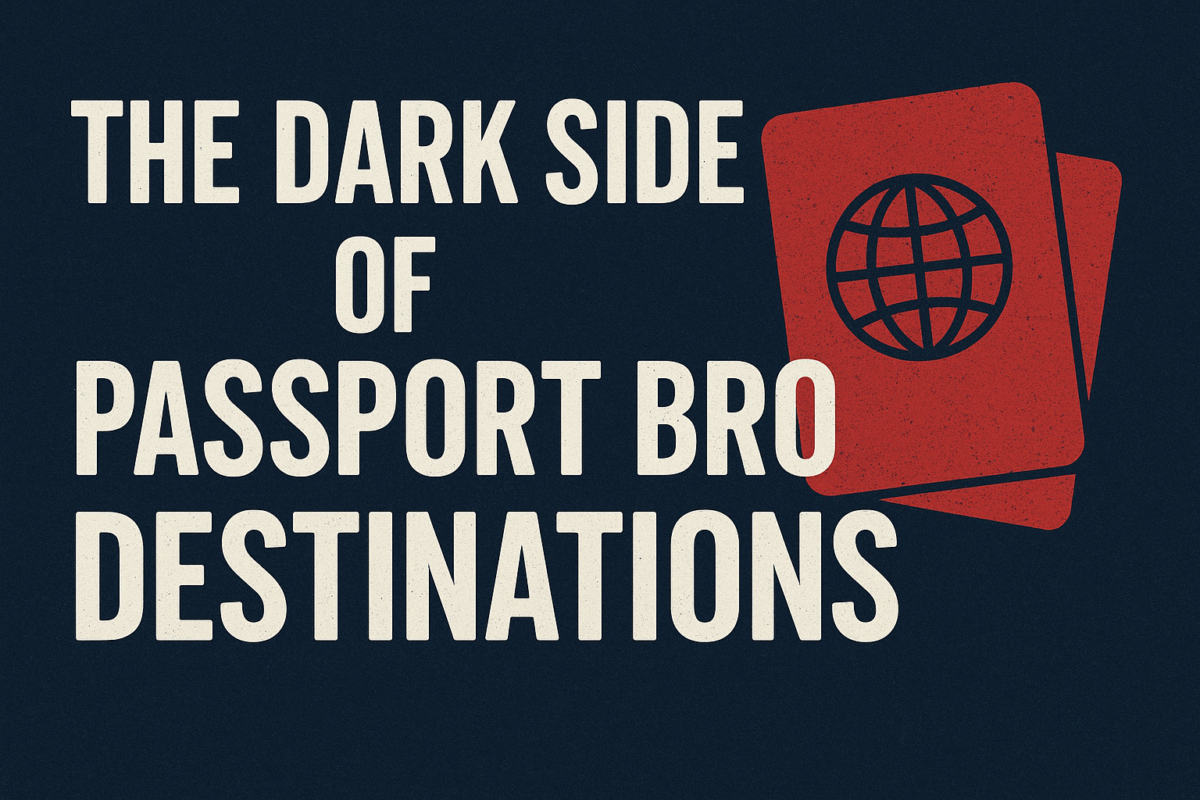Beauty standards are often presented as universal, but in reality, they are shaped by social, cultural, and historical forces — and these forces frequently disadvantage Black women. From media representation to advertising, from fashion runways to corporate workplaces, societal norms often prioritize Eurocentric features, creating biases that impact confidence, opportunity, and perception of attractiveness.
The Influence of Media and Advertising
One of the most visible areas of bias is media representation. For decades, movies, TV shows, and magazines have predominantly featured women with lighter skin, straighter hair, and Eurocentric facial features. This limited portrayal reinforces narrow ideas of beauty, subtly communicating that Black women must conform to a certain standard to be considered attractive.Advertising and marketing often perpetuate this bias, too. Hair care, skincare, and cosmetic industries have historically focused on products for lighter skin tones and straight hair textures, making it harder for Black women to find products that celebrate and enhance their natural beauty.
Workplace and Social Biases
Bias against Black women doesn’t stop at media — it extends into everyday social and professional settings. Studies show that Black women are often perceived as less “polished” or “professional” when wearing natural hairstyles, even though the same styles would be acceptable on women of other races. These subtle biases reinforce the idea that Black women must change their appearance to fit mainstream beauty norms, affecting confidence, self-expression, and career opportunities.
Cultural Pressure and Mental Health
Constant exposure to narrow beauty standards can take a real toll. Many Black women feel pressured to alter their natural hair, lighten their skin, or wear heavy makeup to meet societal expectations. This pressure can affect mental health, leading to anxiety, self-doubt, and body image issues. The bias is not just cosmetic — it shapes how Black women are perceived, judged, and treated in society.
The Importance of Representation and Change
The good news is that representation is improving. More brands, media outlets, and influencers are celebrating diverse hair textures, skin tones, and features. Social media has created platforms where Black women can showcase beauty on their own terms, challenging old narratives and expanding what society considers attractive.
Racial bias in beauty standards is real and pervasive, and Black women have historically been disadvantaged by Eurocentric ideals. Awareness, representation, and cultural change are key to dismantling these biases. Celebrating natural beauty, creating inclusive products, and amplifying diverse voices are essential steps toward a world where all women, regardless of race, feel seen and valued.

